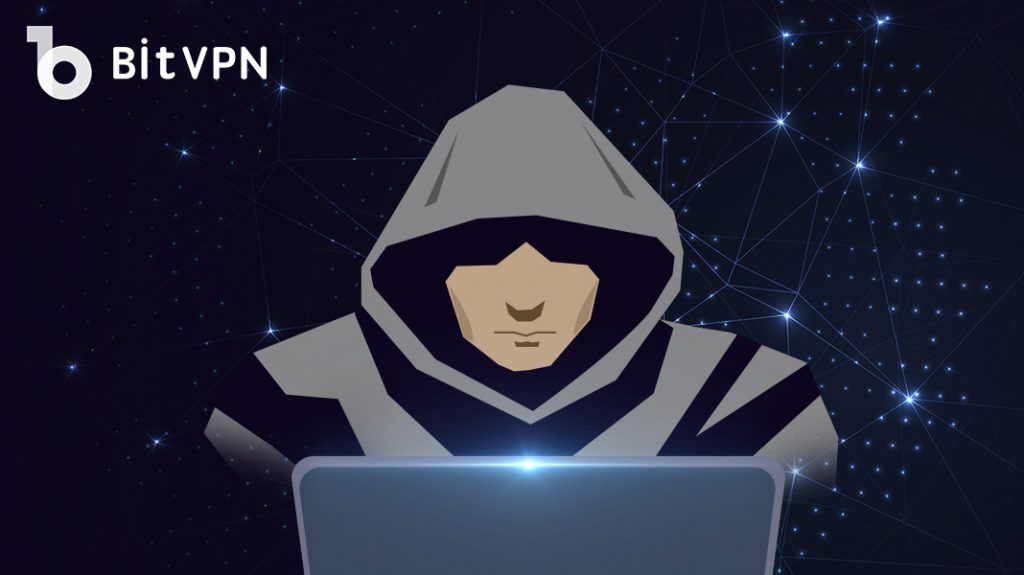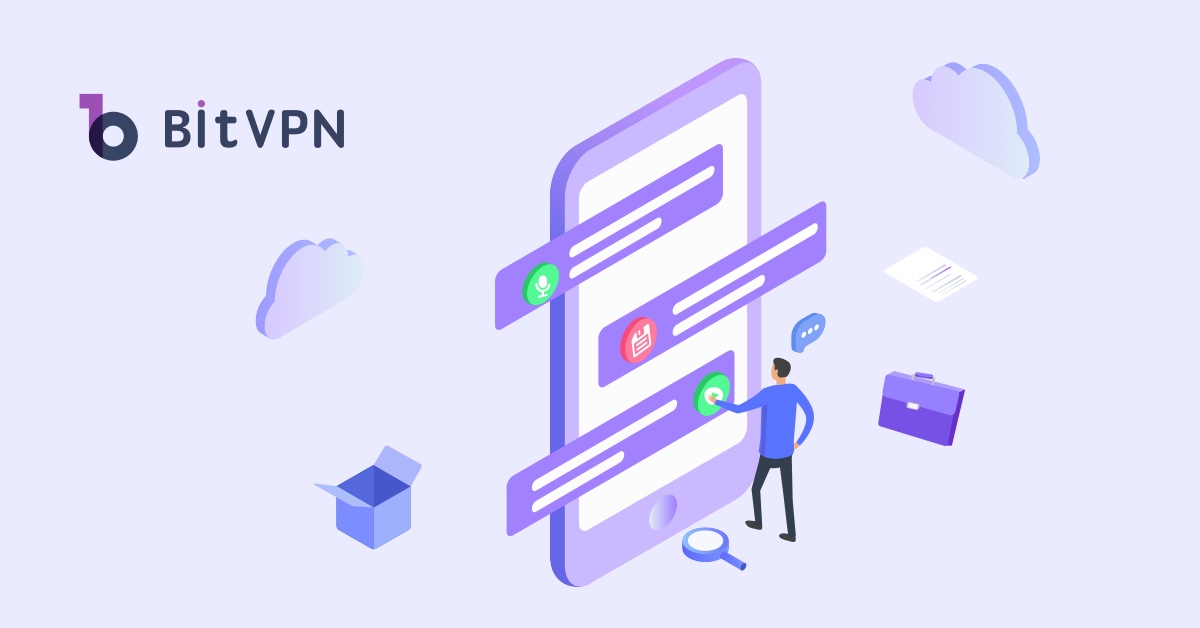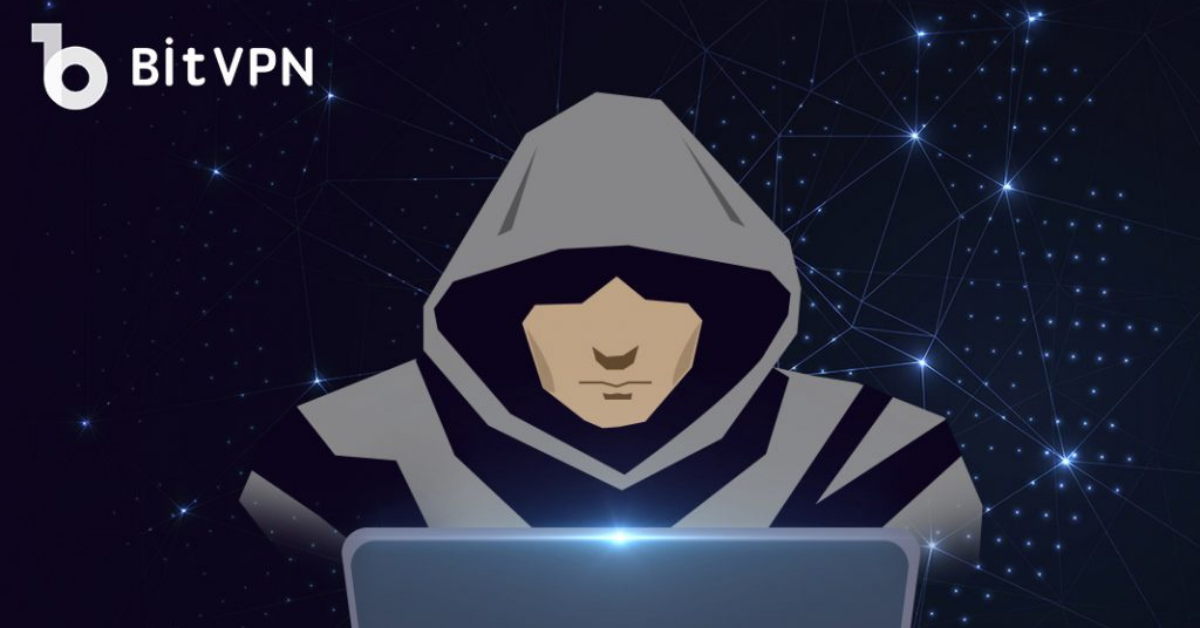In today’s technology-savvy world, most of us are so familiar with smartphones, tablets, computers, and wireless internet. Many of us regularly connect our smart devices such as home security cameras and televisions to the internet for better user experience. However, in this highly internet-dependent world, we often come across scary stories about hacking.
Everything You Need to Know About Hacking and Hackers
In simple words, the term “hacking” refers to gaining illegal access to websites or devices with the intention of stealing people’s personal information. The stolen information is utilized later to commit different types of online crimes.
Who do Hackers Target?
Never believe hackers only target businesses or celebrities. The ordinary people are also a main target of hackers. Your identity and all private information like phone number, address, account password, etc. will possibly become the target of hackers. Anything linked with your identity may be hackers’ hacking target.
What do Hackers Hack for?
Any behavior has an aim, no matter good or bad. Then, what do hackers hack for?
Economic Profit, Money Specifically
Money sometimes is the essential cause of hacking no matter what type of personal and private information is hacked, like credit card number or bank account information.
Notorious Fame
Some hackers commit hacking just to make themselves known by the world. Hackers leave their steps on the Internet through strings of codes just to let the world know how smart they are.
Company Information
Some hackers are employed by companies to illegally defeat their competitors in business. The information hackers hack for is mainly the core information of competitor companies.
Information about National Security
Similar to hackers employed by companies, governments from some countries possibly hire hackers to steal information or compromise the system of a country.

How does Hacking Work?
Hackers make use of different methods to access our computer systems. The most used hacking techniques include the following.
A study conducted by Verizon in 2016 confirmed that 63% of data breaches or internet theft involved stolen, default, or weak passwords. In most instances, passwords are the first place taken by hackers to access vulnerable devices and computers. You may think that your password is safe enough, but the fact remains that an advanced hacking software is capable of testing as many as ten billion combinations of passwords within a few seconds.
- Individuals that regularly access their online accounts using public Wi-Fi are extremely prone to hacking. The latest Wi-Fi traffic monitoring tools allow hackers to keep an eye on all traffic entering and leaving a public Wi-Fi network. As soon as a username and password are entered, the hackers are notified about the same via software.
- Computer viruses are programs capable of duplicating themselves and creating a wide range of problems including deleting everything from the hard drive of the system and even crashing the computer. In order to gain access to computers, hackers often create simple viruses and forward them to a series of potential victims via instant messages, email, and peer-to-peer networks.
- Hijacking ads is another common technique used by hackers to access personal computers. This involves making use of legitimate websites for the placement of ads containing malicious codes. This is done by hijacking the ad server, purchasing ads directly, or hacking an ad account belonging to someone else.
- Another commonly used hacking technique is inserting malicious packets. Zombie computers are used by hackers to target a specific port by sending out a huge volume of data packets to numerous recipients. The objective here is to identify a firewall or router that has the specific port open. Once this is identified, it is possible to enter the system behind the firewalls.
What Should You Do to Protect Yourself Against Hackers?
No matter what device is being used, hackers are usually accessible. Here are some of the measures that can help protect your online privacy from hackers attacking your mobile and computers.
How to Secure Your Phone from Hackers
To secure your phone from hackers, the following simple tips can be used to block them.
- Stop connecting to unreliable WiFi. As the access to the Internet, WiFi is either a heaven or a hell. Try not to use public WiFi since so many dangerous elements are hidden under it, including hackers. When it comes to your personal WiFi security, you should also pay enough attention to its security because it may be attacked by hackers as well.
- Use a VPN. A VPN is able to stop your IP address from being revealed by masking it if a VPN server is connected. As a result, a VPN keeps your personal information like your address off the Internet, protects your identity on the Internet, and stay safe online.
- Be cautious about your social media security. Too much private information is linked with your social media accounts and that’s also the main target of hackers. To get rid of hackers away from your social media accounts, don’t leave anything about your privacy on social media or select a secure social media app.

How to Prevent Your Computer from Hackers
To stop hackers from attacking your computer, the following tips can be used to avoid hacking.
- Restrict hackers from utilizing the vulnerabilities of outdated programs by frequently updating your operating systems and commonly used software.
- Use security programs that are up-to-date and include anti-malware software offering multi-technology protection against ransomware and spyware.
- Erase all your personal details before selling any used hardware. Before selling your personal devices like computers and phones, you should, first of all, erase all your personal information off the Internet.
- Try to avoid using public Wi-Fi.
- Create passwords that are difficult, and never use the same password for multiple accounts.
- Make sure that the answers to your security questions are creative.
- Do not rely on the cloud for the storage of your sensitive data.
What’s a Better Online Experience?
Creating a better online experience is all about feeling safe online while using any device. There is no denying the fact that online predators have now become smarter than ever before, making the online space unsafe for common users. Awareness of the potential risks and taking adequate measures to mitigate them will allow us the freedom to enjoy the internet without any restrictions. The tips shared in this article are key to making the internet a safe haven for all. Implementation of all these security measures will make you immune from the risks of cyber-attacks while you enjoy a great time online. I hope you enjoyed going through this article and happy browsing to all of you!
You May Also Like:
- How to Tell if Someone is Spying on My Phone and How to Stop That
- Ask Your Employees These Questions to Easily Test Their Cybersecurity Awareness
- What’s Computer Hacking and How to Prevent It
- What is Ransomware? Everything You Should Know About Top 1 Possible Cyberattack in 2021
- Affected by Facebook Leak? How to Stay More Private on Social Media
